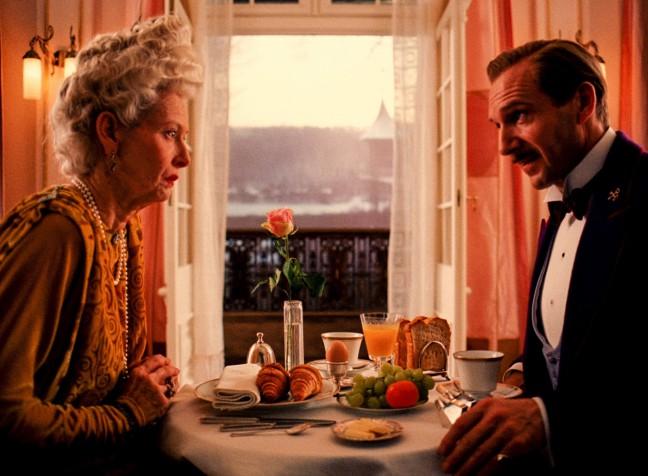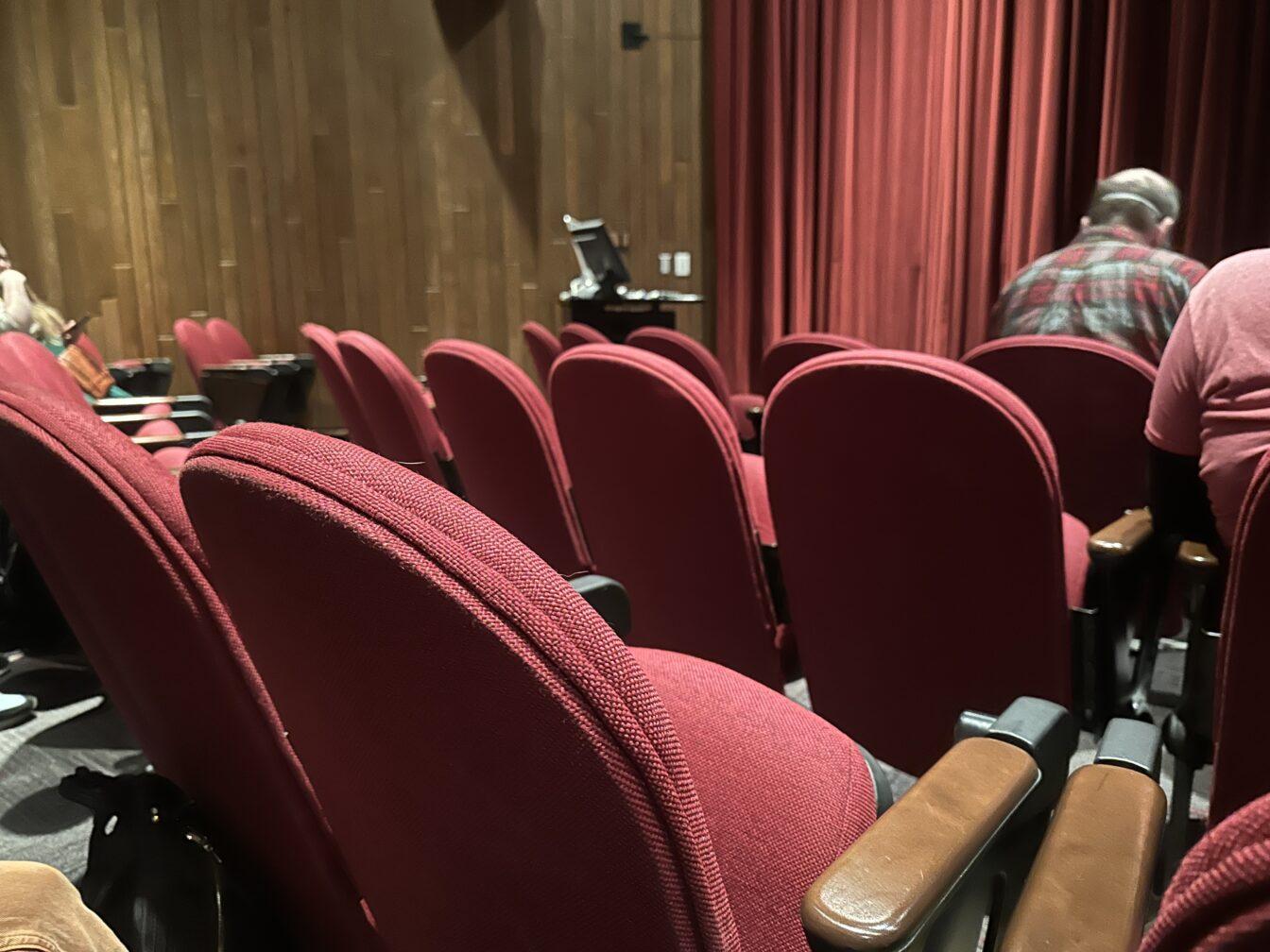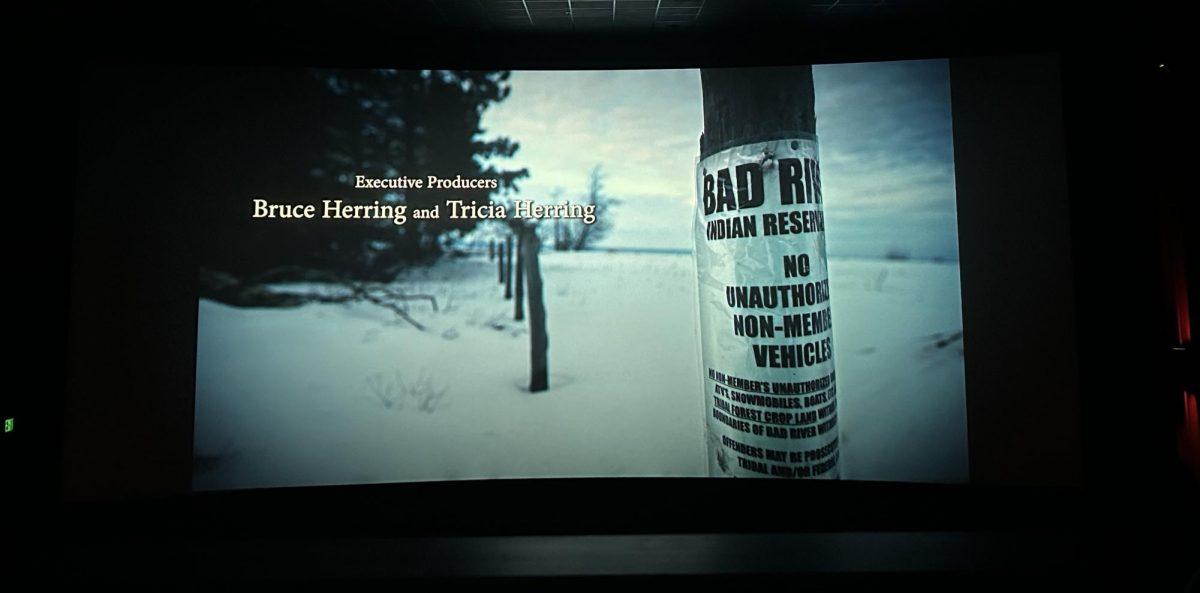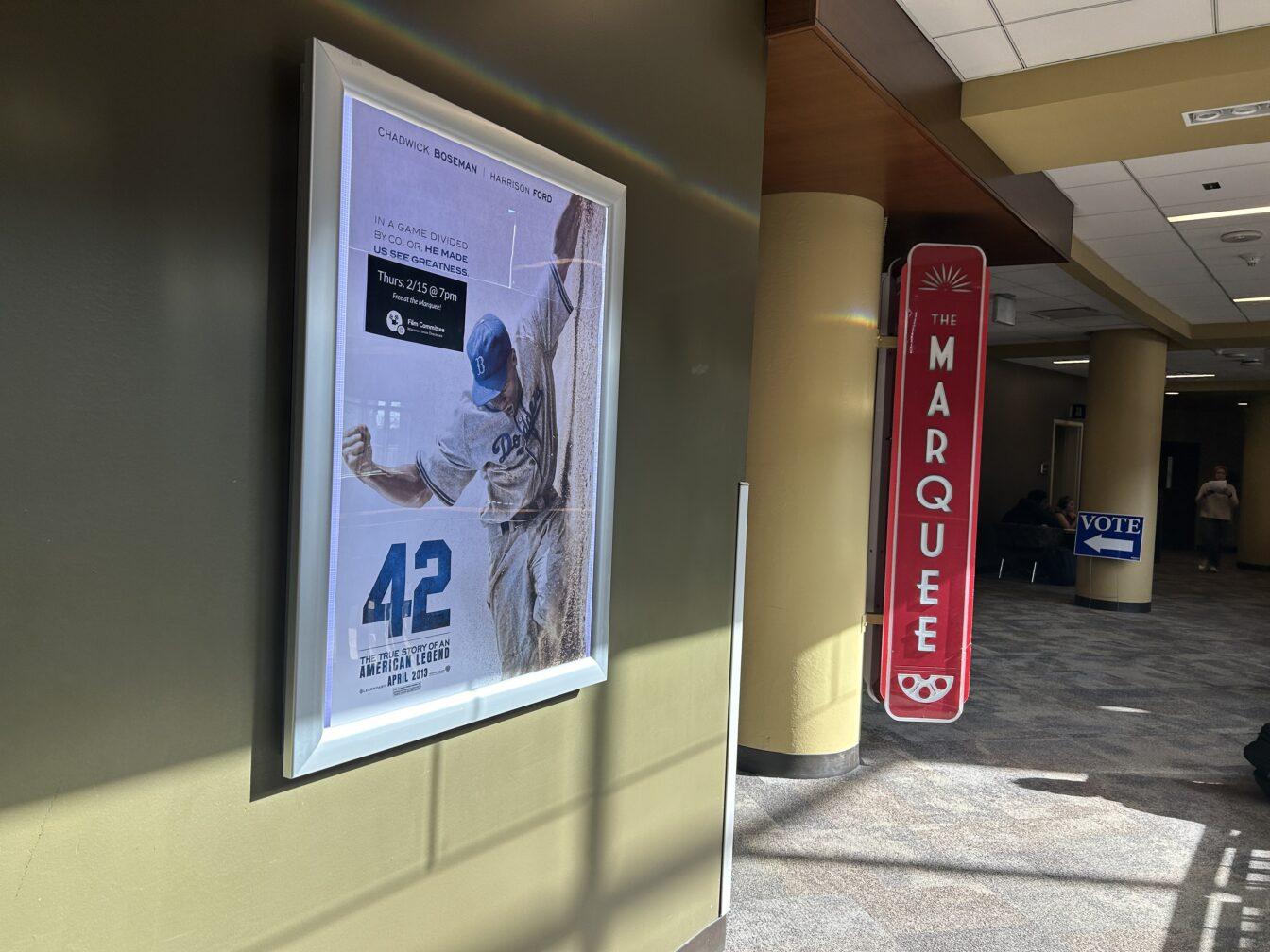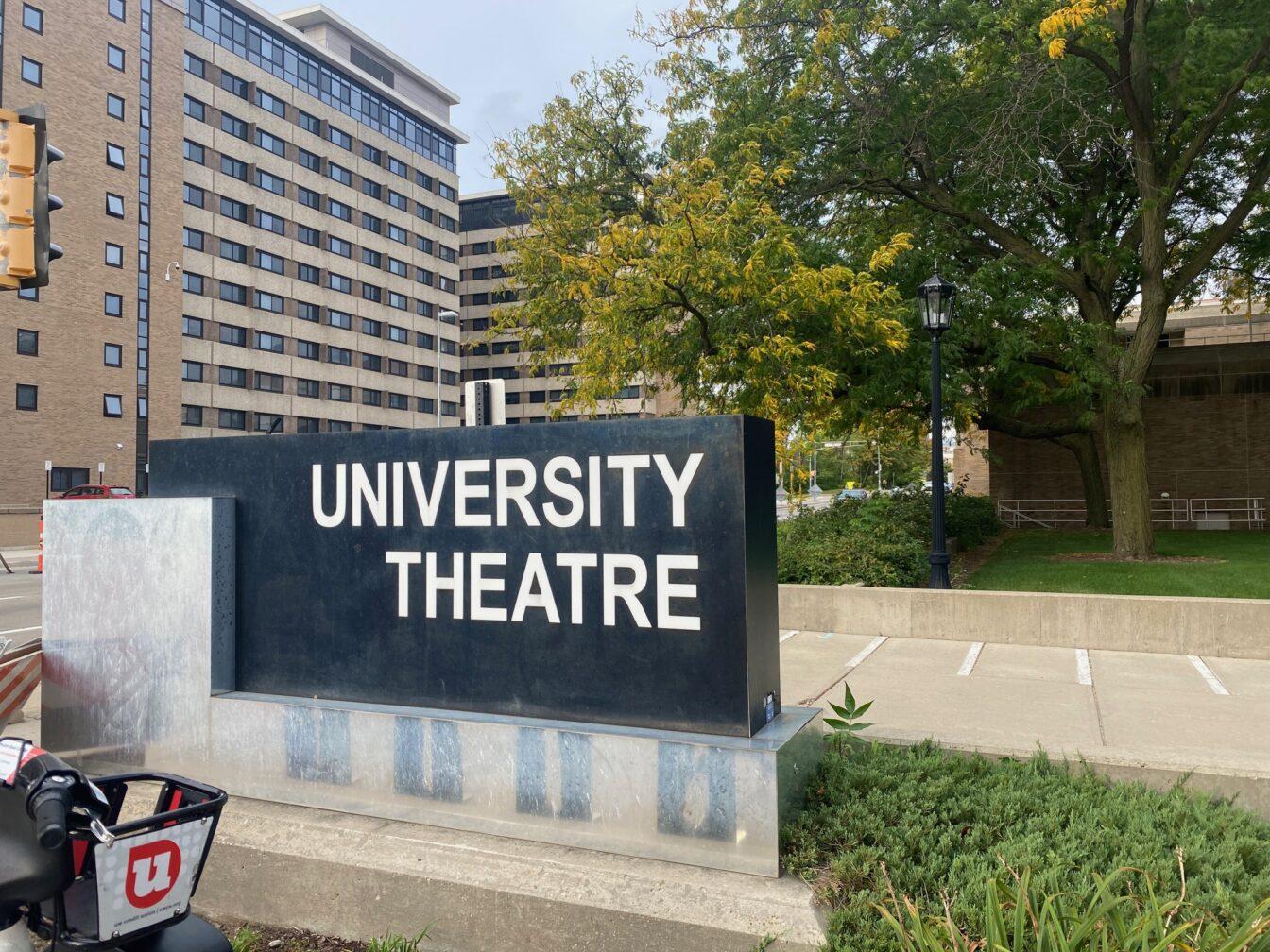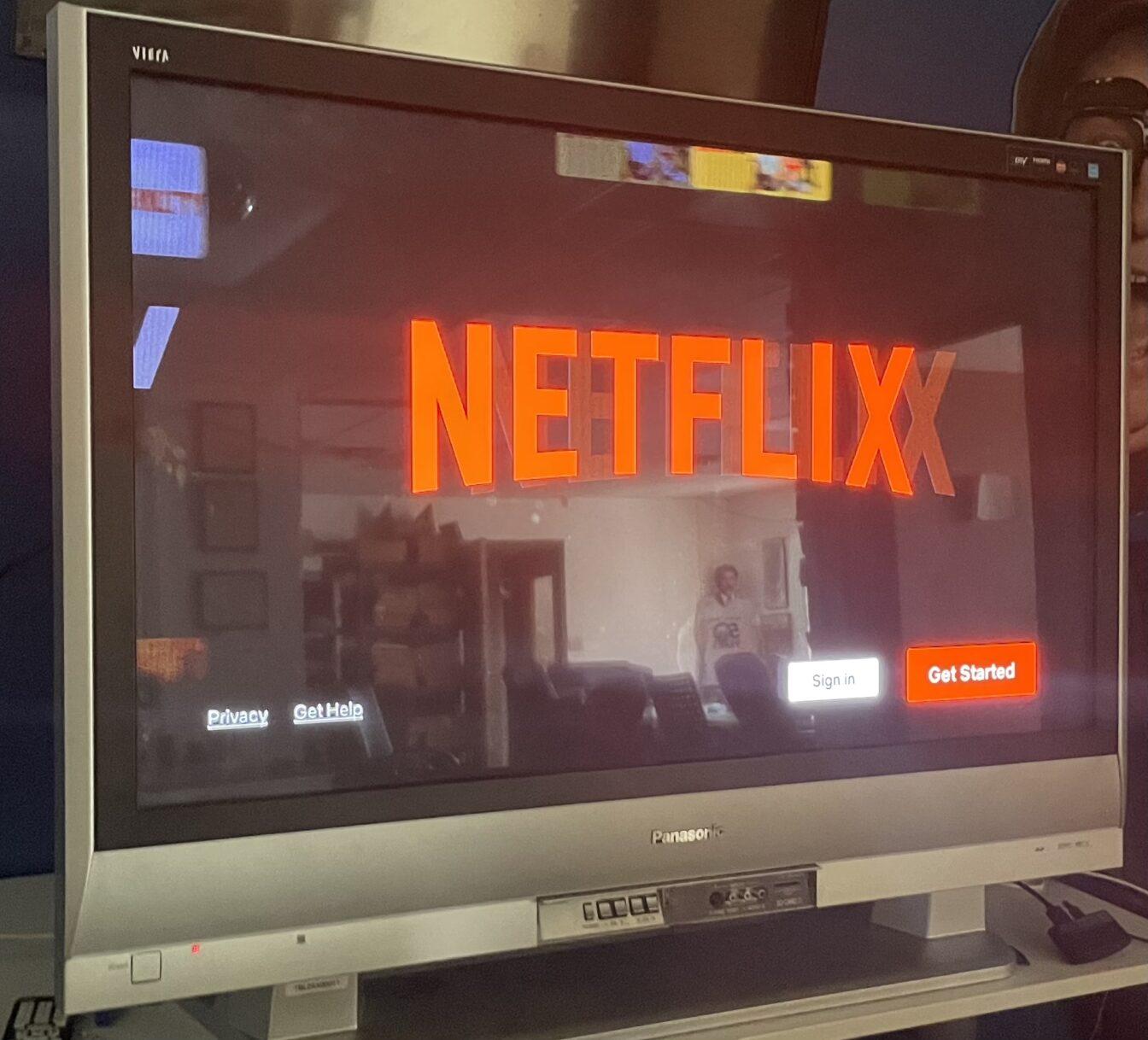“The Grand Budapest Hotel” exhibits a remarkable visual display of illusory filming techniques, typical of director Wes Anderson (“Moonrise Kingdom,” “Fantastic Mr. Fox,” “The Royal Tenenbaums”). Luckily in this case, the visual flourishes don’t distract from the movie itself and complement its eccentric storyline.
The story recounts the adventures of Monsieur Gustave H. (Ralph Fiennes, “The Invisible Woman”), the hotel manager, and his lobby boy known as Zero Moustafa (relative newcomer Tony Revolori). After the death of one of the Grand Budapest’s most respected patrons, Madame D. (Tilda Swinton, “The Zero Theorem”), Gustave seeks out his inheritance — a Renaissance-era painting — from her house, despite the selfishness of Madame’s immediate family. After the reading of Madame D.’s will, Gustave and Moustafa engage in a quite funny jab battle with the Madame’s son, Dmitri (Adrien Brody, “Midnight in Paris”). This sparks the roller coaster of subsequent events.
The film is written like a play, divided up into five parts and split between three different time periods in the 20th century.
“The Grand Budapest Hotel” has the luxury of a brilliant and diverse cast, and Gustave keeps you alert and interested the whole time. His elevated hysterical episodes coupled with his charming wit makes him magnetic on screen. The film’s cast also boast actors Jude Law, Owen Wilson and Bill Murray among its ensemble cast.
The most interesting aspect of “The Grand Budapest Hotel” is its beautifully rich cinematography. Anderson manages to create a colorful, eccentric, visual masterpiece somewhat reminiscent of the Sgt. Pepper’s Lonely Hearts Club Band album cover. He does so by playing with proportions, camera angles and colors, occasionally switching from animations into real footage. It’s stunning, breathtaking and beautiful.
He does this tastefully, although sometimes it seemed a bit overdrawn.
For those looking for an action-packed and dumb film in the “Transformers” vein, try the new “Robocop,” because “Grand Budapest” is dense and heady. It requires an attention span and a taste for highbrow humor. But for those willing to indulge their brains, there’s much to be delighted about in the film’s lush cinematography and quirky performances. “The Grand Budapest” is most definitely a hotel worth checking in to.
4 out of 5 stars


